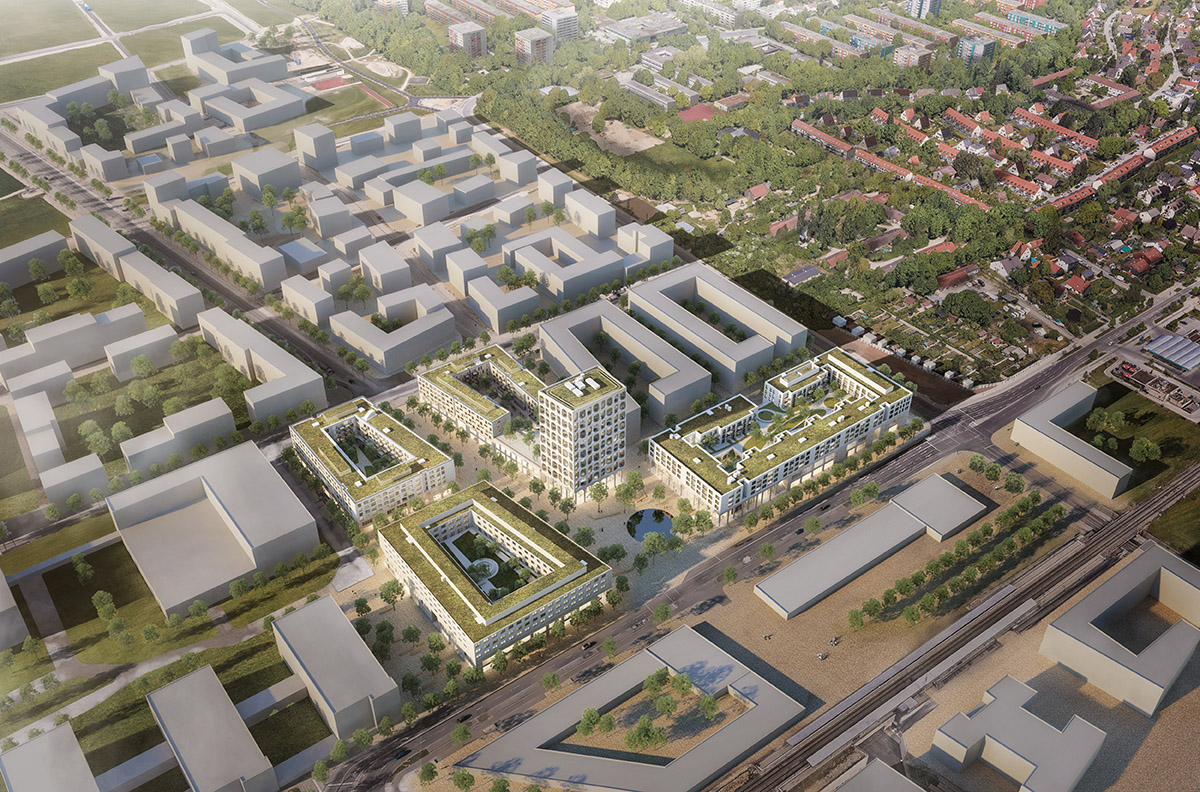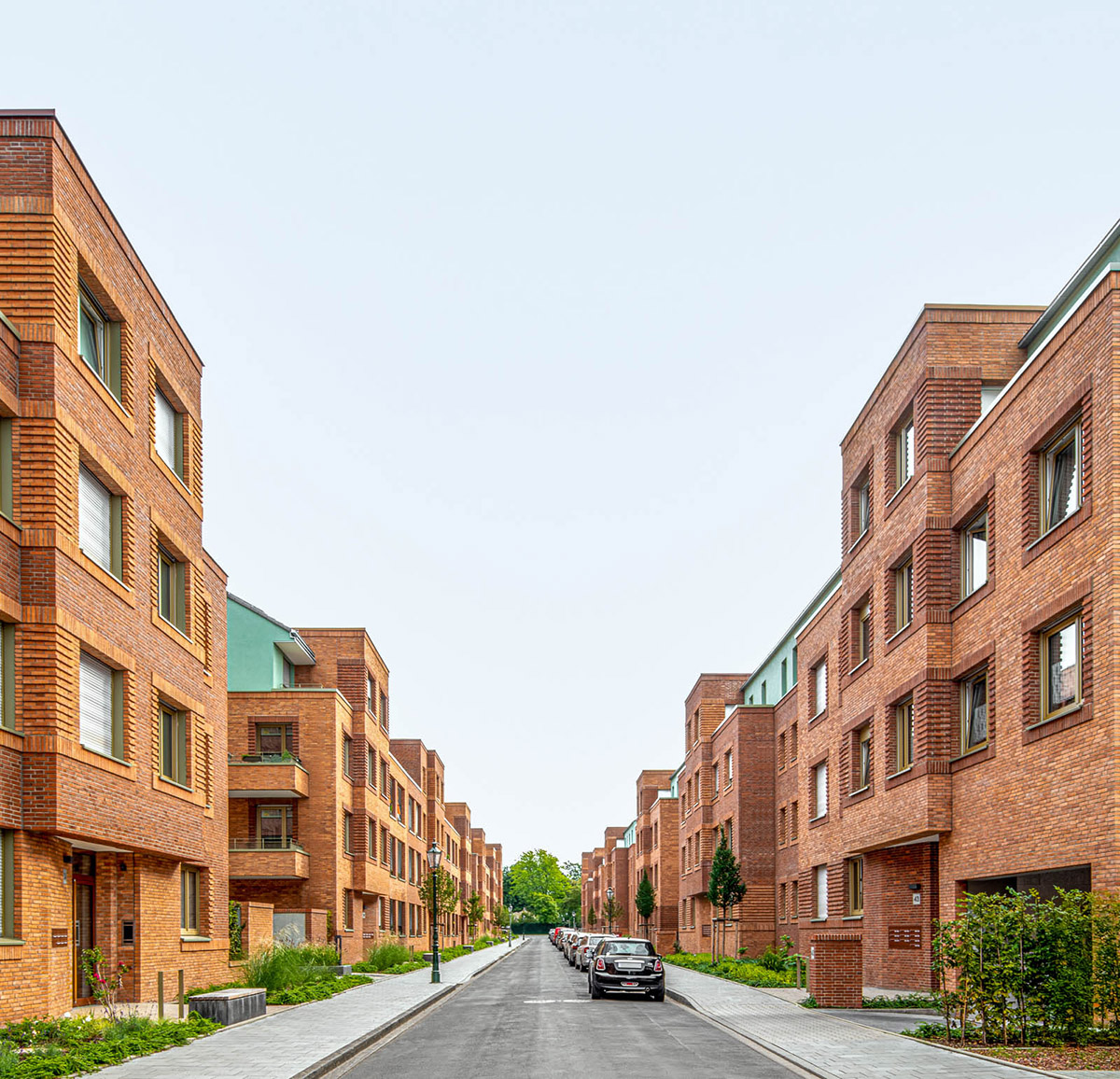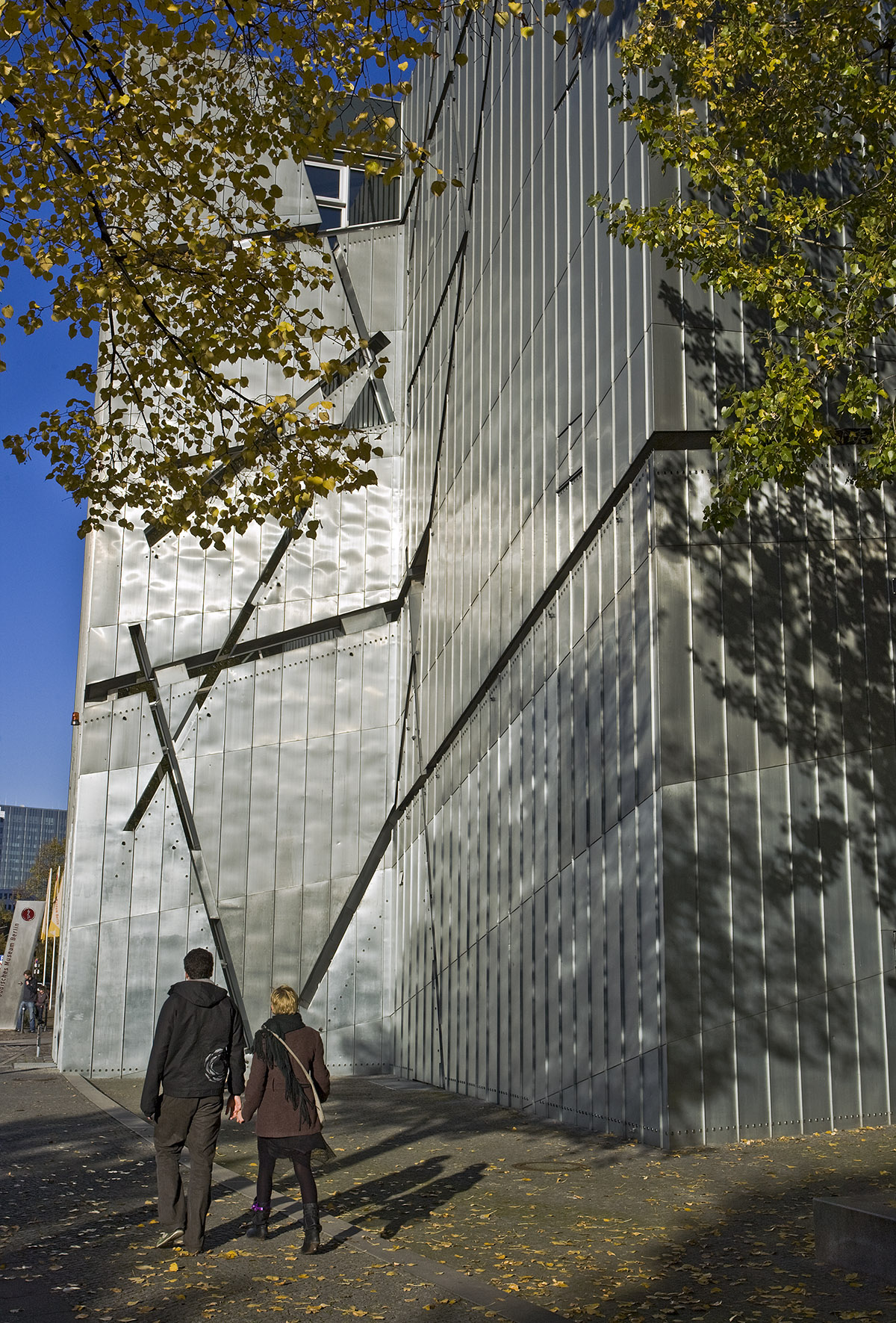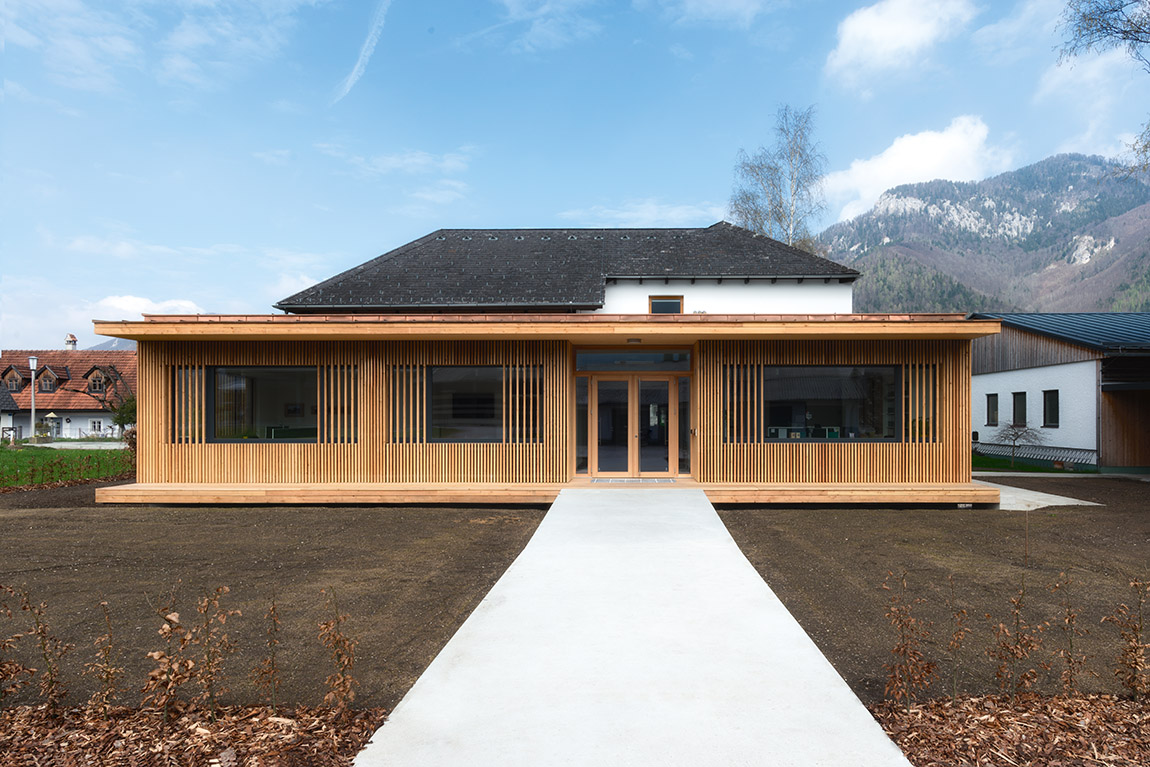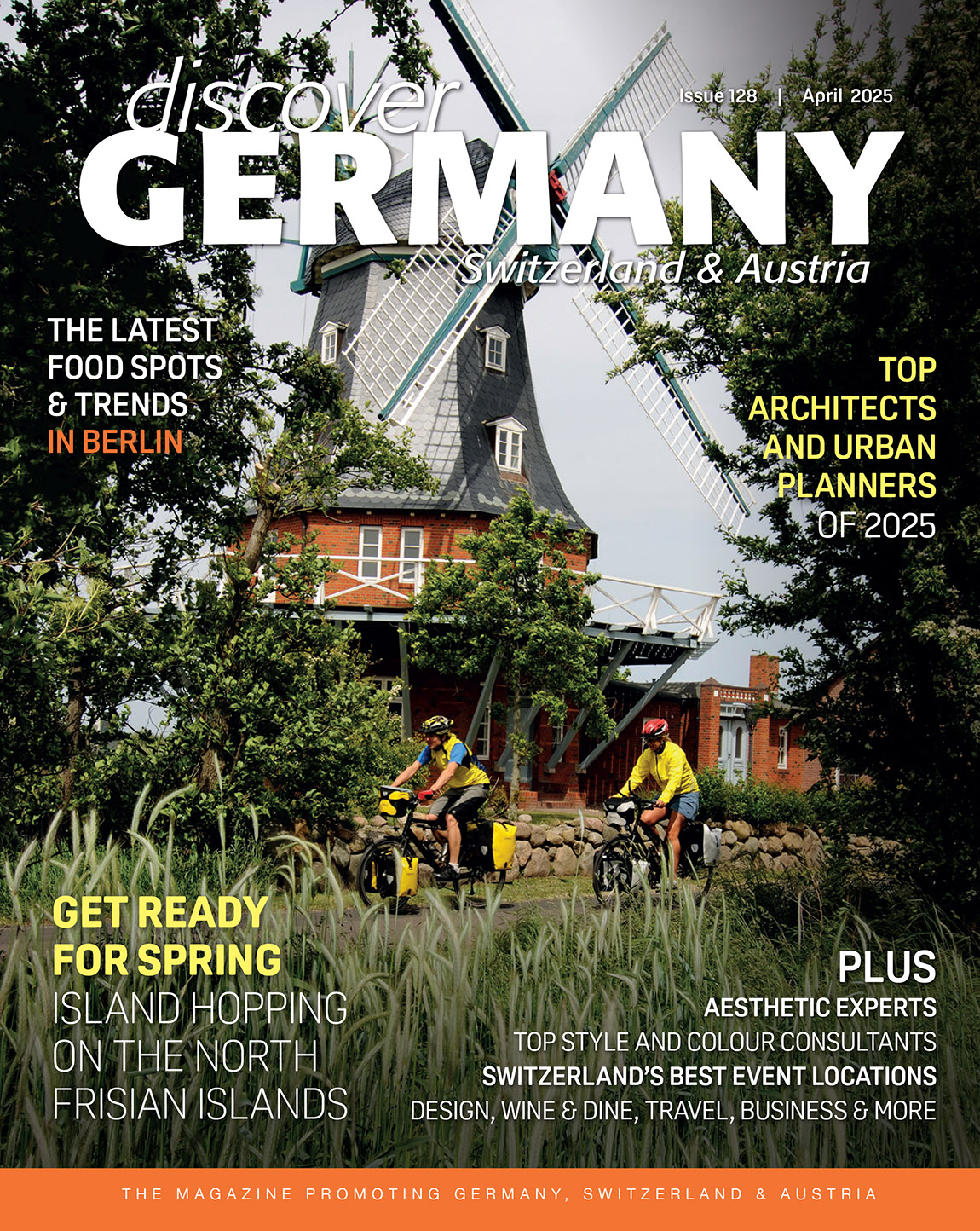Andrea Gebhard: “I want to make a contribution to a better world“
NTERVIEW BY NANE STEINHOFF I PHOTOS: UNSPLASH
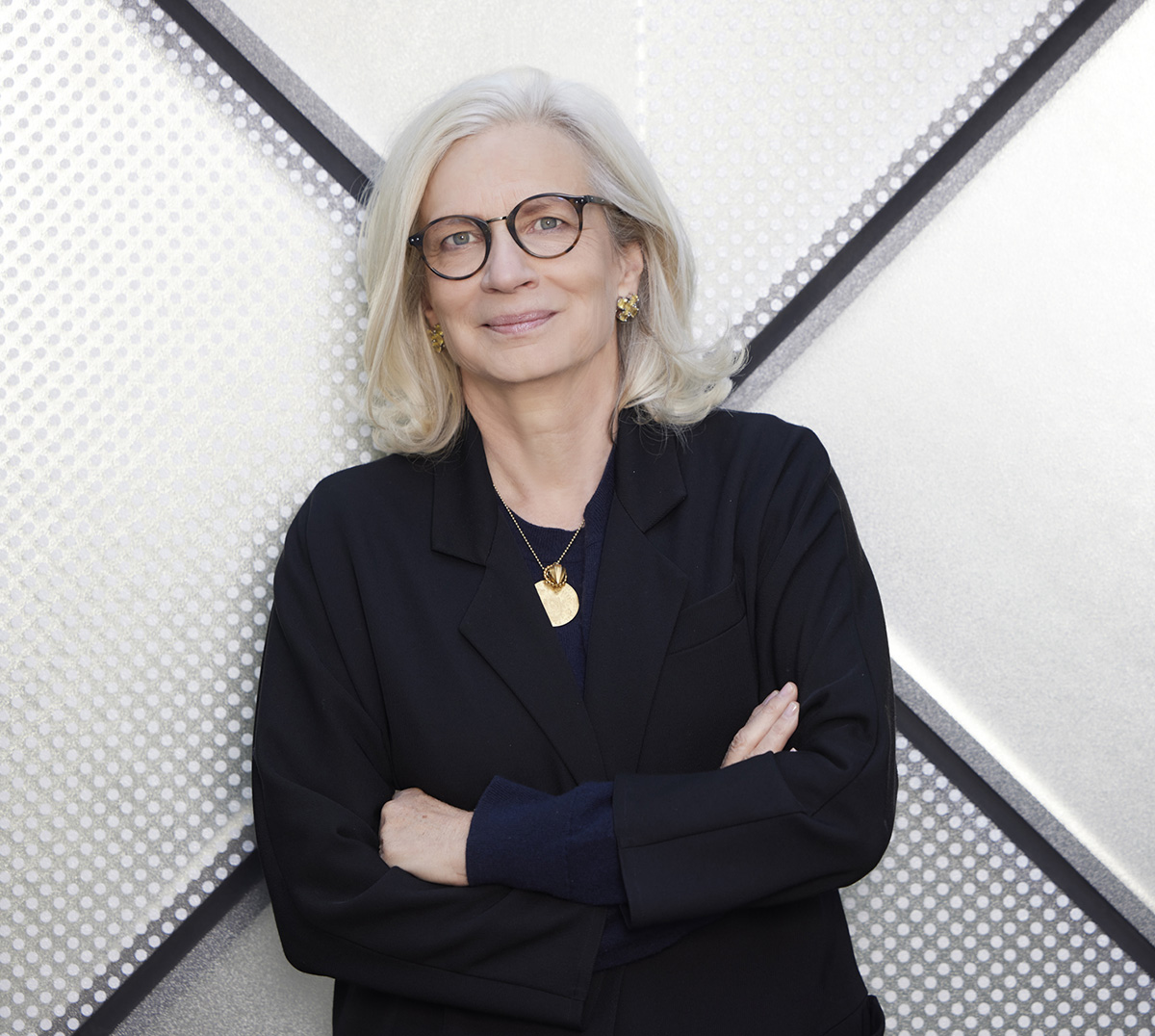
Photo: Laurence Chaperon
We sat down with Andrea Gebhard, President of the Federal Chamber of Architects (Bundesarchitektenkammer), to speak about the state of the German architecture industry, how building and planning can become more sustainable, and more.
Discover Germany: Why did you decide to become an urban planner and architect? What fascinates you most about this profession?
Andrea Gebhard: “I am fascinated by the combination of creativity, functionality and technology that the profession entails. Our work relates to the entire space and focusses on the quality of the implementation of the cultural environment in the natural environment. It is of fundamental importance that everything we build – buildings, open spaces, infrastructures, and so on – is designed for both people and nature. It is of fundamental importance that everything we build brings about a positive change for both people and the environment.
Us architects have a deep understanding of culture, the environment and technology which makes it incredibly versatile. As planners, we have a lot of responsibility, especially in times of climate change. I want to make a contribution to a better world.“
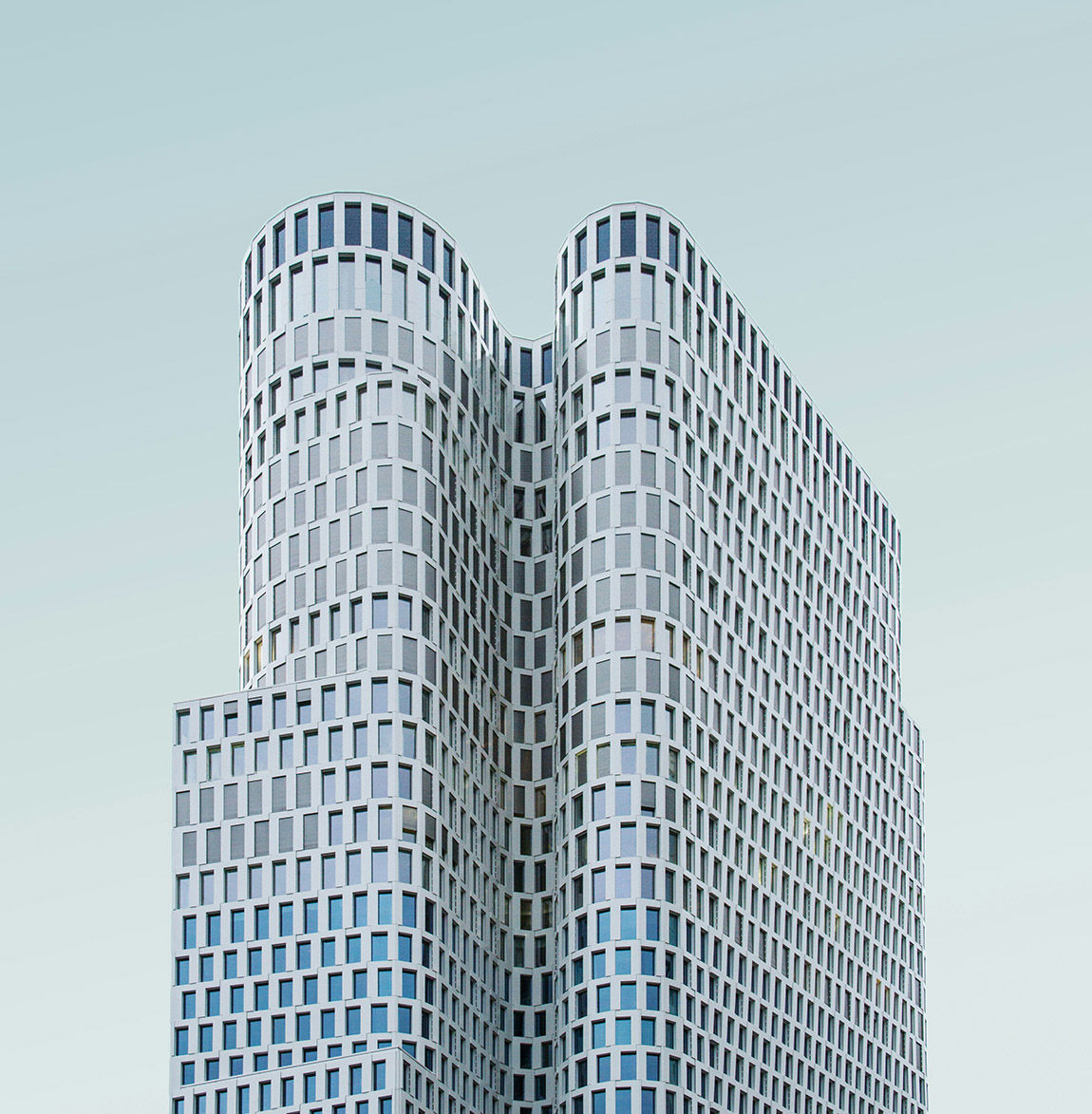
Discover Germany: What are you trying to achieve with your work?
Andrea Gebhard: “For me, the focus is on the sustainability of our construction methods. And that is by no means a contradiction to aesthetics and functionality. We have to put people and our living spaces at the centre. Architecture and urban planning are not just three-dimensional design, but should also promote climate adaptation, water cycles and biodiversity. Smart solutions convey social values and have a positive impact. Promoting these smart solutions is my aspiration, both as a practitioner and as a politician.“
Discover Germany: How has the German architecture landscape changed in recent years?
Andrea Gebhard: “One focus is on building in existing buildings, i.e. away from demolition and new construction. This development is extremely positive overall and we are seeing more and more projects that preserve buildings, revitalise neighbourhoods and develop them further. This is a key point for more climate protection, as energy and materials have already been used for the existing building fabric. Examples with innovative, spatial solutions are becoming role models, more and more colleagues are using renewable raw materials or utilising digitalisation for greater efficiency. The focus on affordable housing has also become more important, as urban centres are faced with growing demand.“
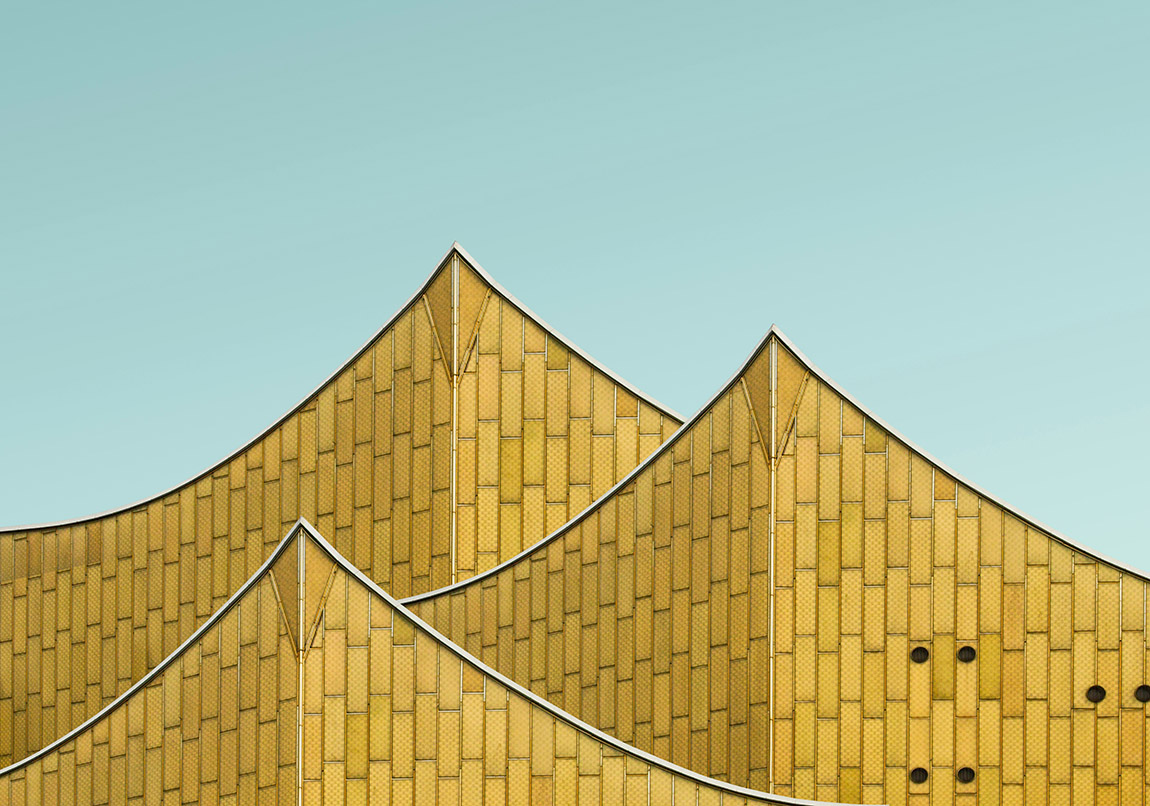
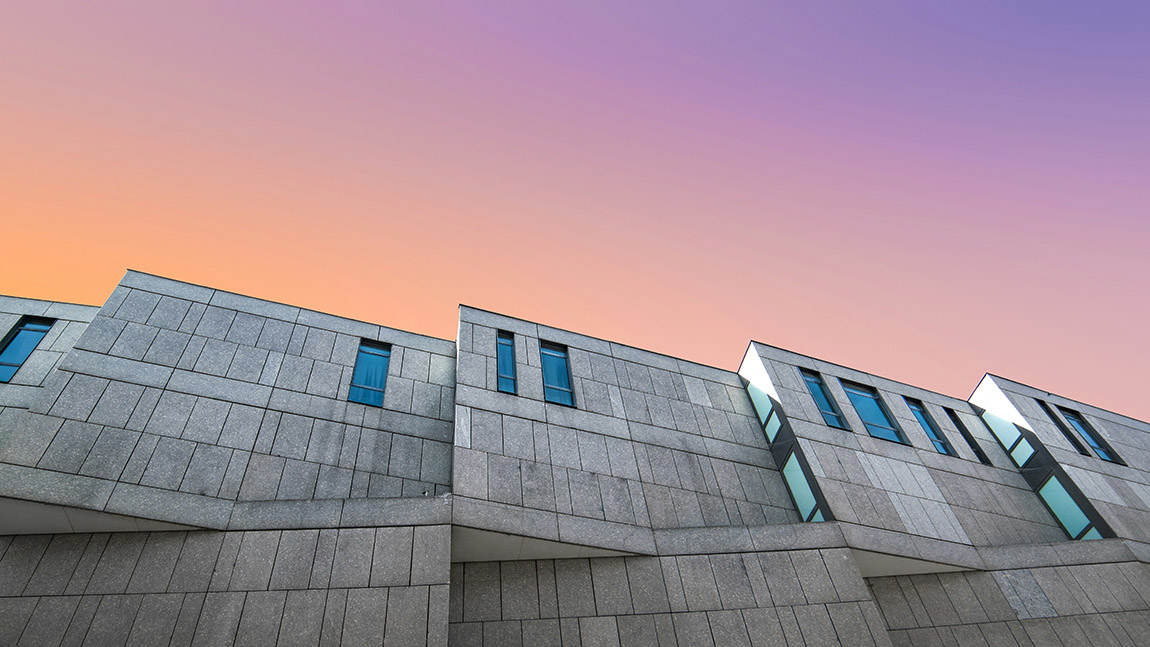
Discover Germany: How do architects from the DACH region stand out with their design contributions?
Andrea Gebhard: “Architects from the DACH region are known for their precise planning, innovative use of materials and clear, functional approach to architecture and urban planning. They attach great importance to quality, energy efficiency and sustainability, which makes their projects stand out internationally. In addition, their designs often reflect an appreciation and further development of regional building culture, combined with a contemporary and future-orientated approach.“
Discover Germany: Studies argue that the construction sector emits around 40% of CO2 emissions. How can architecture become more sustainable?
Andrea Gebhard: “Unfortunately, the construction sector still produces far too many emissions. As a planner, I am part of the problem, but also part of the solution. Architecture and urban planning can become more sustainable by unsealing and greening areas, focusing more on renewable materials such as wood and considering the entire life cycle of buildings. Concepts such as the circular economy, energy-efficient planning and the use of renewable energies are also crucial. By renovating and repurposing existing buildings, resources can be conserved and waste avoided.“
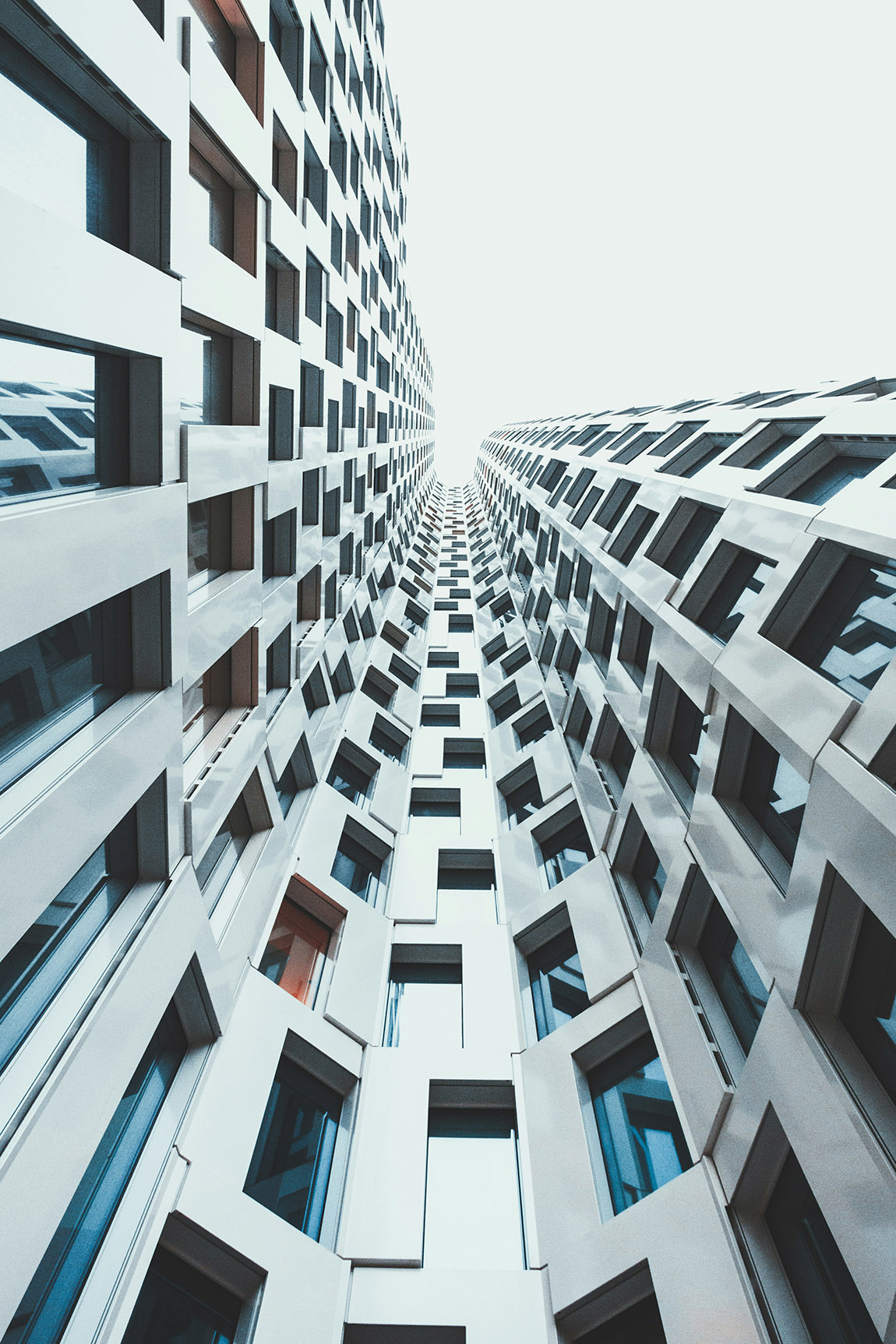
Discover Germany: Which innovations does the industry expect to generate new dynamics? Are there any exciting new materials and/or building innovations that will make construction and architecture in general more sustainable?
Andrea Gebhard: “The industry has high hopes for 3D printing technologies to reduce material waste and for the development of biodegradable and CO2-neutral building materials. Materials such as mushroom mycelium or recycled concrete granulate are gaining in importance, which is really interesting. In addition, digital tools such as Building Information Modelling (BIM) are driving efficiency in planning and construction. But we must not forget that the key also lies in reduction: do we really need so much space, such high standards? These are uncomfortable questions that we must ask ourselves as a society when it comes to protecting our planet.“
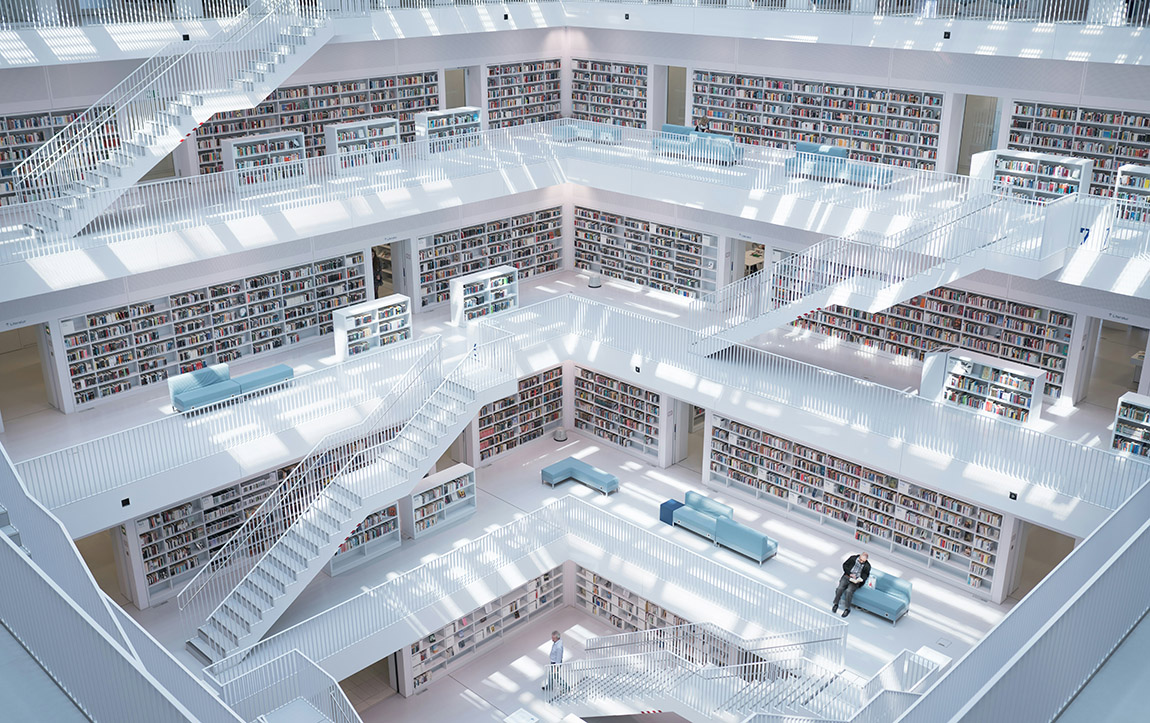
Discover Germany: What role should Germany play when it comes to sustainable building?
Andrea Gebhard: “Germany can set a global example through its pioneering role in the development of energy-efficient construction methods and the promotion of innovation. With programmes that promote innovative projects, construction in existing buildings and the sustainable use of open spaces and public areas, Germany can provide impetus for other markets. It can also gain international influence through research and development of new materials and concepts. In Germany, we have developed building type E, E for simplicity and experimentation. Fewer standards and norms mean less material, less waste and lower costs. We anticipate major benefits, particularly in the area of affordable housing. The first pilot projects are already underway and are very promising.“
Discover Germany: Which markets are companies particularly focusing on for export and why?
Andrea Gebhard: “Companies in the DACH region are focussing on emerging markets such as Asia, Africa and the Middle East, where demand for sustainable construction methods, infrastructure and housing is growing. Economic interest and trade is important, but exporting should never be a one-way street. I am also convinced: we can learn so much from each other and support each other as a global community.“
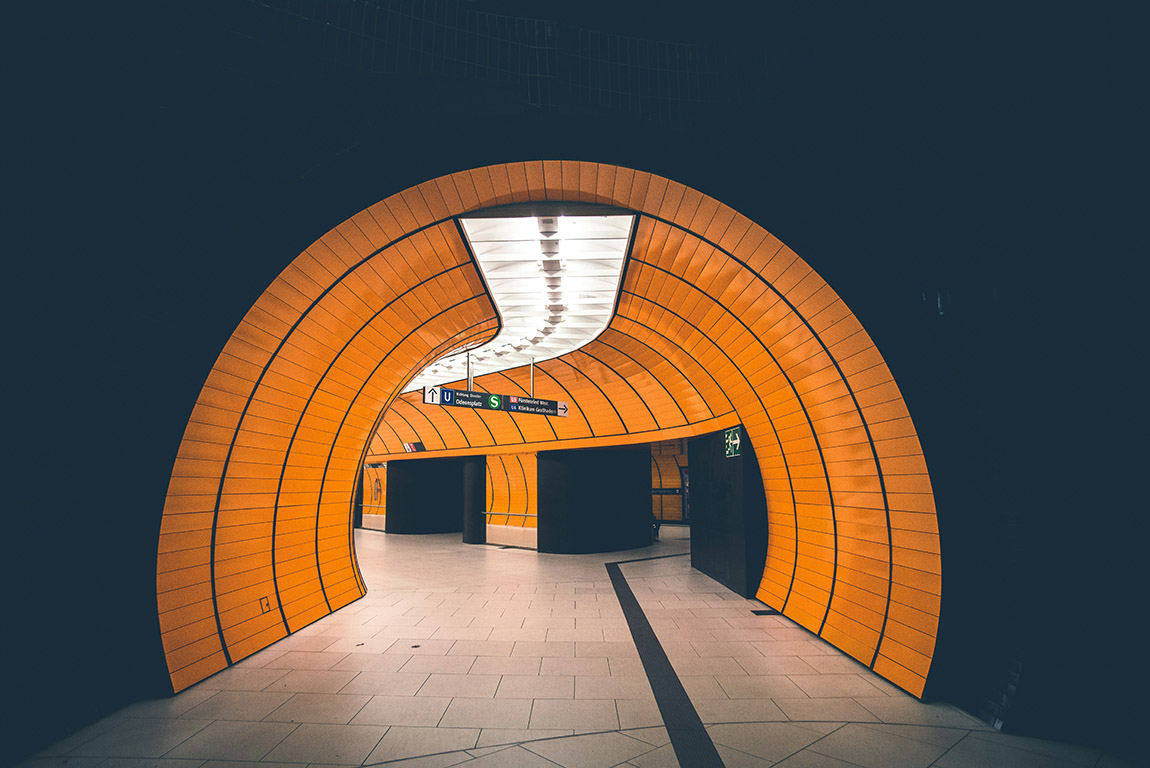
Subscribe to Our Newsletter
Receive our monthly newsletter by email
